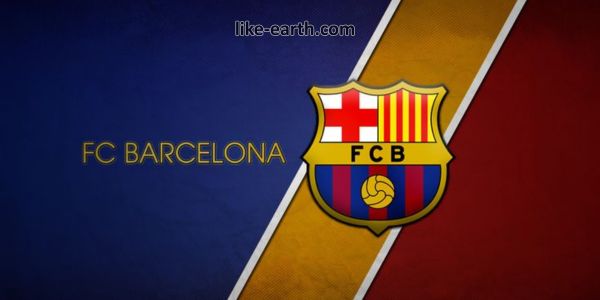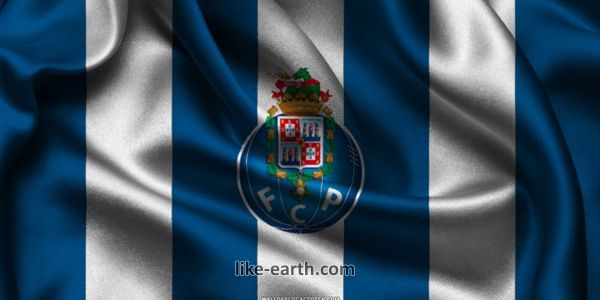FC Barcelona: A Legacy of Greatness in World Football

FC Barcelona football club history and greatness have captivated fans worldwide for more than a century. Known for their attacking style, famous La Masia academy, and club philosophy, Barça is more than a football team—it’s a global identity shaped by culture, talent, and passion.
Origins and Early Growth
FC Barcelona was founded in 1899 by Swiss football enthusiast Joan Gamper. From humble beginnings, the club rapidly grew to become one of Spain’s most important sporting institutions. In the early 20th century, Barcelona laid the foundation for its iconic identity, choosing blue and garnet (blaugrana) as the club’s signature colors.
Barcelona’s motto, “Més que un club” (More than a club), emerged during this time. It reflected the Catalan identity and values of independence, democracy, and pride. Even today, this motto defines the club’s political and cultural stance.
Establishing Rivalries and Local Dominance
As the club developed, it formed fierce rivalries—most notably with Real Madrid. El Clásico, the historic clash between Spain’s biggest clubs, remains one of the most-watched fixtures in global sport.
Barcelona began to win domestic trophies in the 1920s and 30s, including several Copa del Rey titles. The club survived Spain’s civil unrest and became a symbol of resistance during the Franco dictatorship, strengthening its identity further.
The Arrival of Johan Cruyff
The 1970s marked a transformative period for Barcelona. Dutch legend Johan Cruyff joined as a player in 1973, bringing with him “Total Football” philosophy. He quickly became a fan favorite and helped the team secure a La Liga title after over a decade.
Cruyff later returned as manager in 1988, revolutionizing Barcelona’s playing style. He promoted attacking football, emphasized possession, and prioritized youth development. Under his leadership, Barcelona won four consecutive La Liga titles and their first European Cup in 1992.
La Masia: Factory of Football Legends
La Masia, Barcelona’s youth academy, has produced some of the greatest talents in football history. Built around Cruyff’s philosophy, it nurtures players who understand the club’s values and system from a young age.
Icons such as Lionel Messi, Xavi Hernández, Andrés Iniesta, Sergio Busquets, and Gerard Piqué all graduated from La Masia. These players became the backbone of the club and helped usher in an era of dominance.
Pep Guardiola and the Golden Era
In 2008, former player Pep Guardiola was appointed head coach. His appointment marked the beginning of Barcelona’s most successful period. With a squad rich in talent and vision, Barcelona won the treble (La Liga, Copa del Rey, and UEFA Champions League) in his first season.
Under Guardiola, the team won 14 major trophies in four years. Their brand of possession-based football—called tiki-taka—became world-famous. Barcelona became a symbol of technical brilliance, teamwork, and innovation.
Lionel Messi: The Ultimate Icon
No discussion of FC Barcelona is complete without Lionel Messi. The Argentine magician joined La Masia at 13 and went on to become the club’s all-time top scorer. With over 670 goals and countless assists, Messi redefined greatness.
During his time at Barcelona, Messi won 10 La Liga titles, 7 Copa del Reys, and 4 Champions League trophies. He received multiple Ballon d’Or awards while wearing the Blaugrana shirt. His legacy will forever be linked to the club’s golden age.
Recent Challenges and New Directions
Following Messi’s departure in 2021 due to financial issues, Barcelona entered a period of transition. Club president Joan Laporta began restructuring efforts, focusing on sustainability, youth promotion, and long-term planning.
Manager Xavi Hernández, another club legend, took charge with the goal of restoring Barcelona’s identity. Young talents like Pedri, Gavi, Ansu Fati, and Lamine Yamal now lead the charge in a rebuilding era full of hope and excitement.
Camp Nou: More Than Just a Stadium
Camp Nou has been FC Barcelona’s home since 1957. With a capacity of over 99,000, it is Europe’s largest stadium. The atmosphere on matchday is electric, making it one of football’s most iconic venues.
The stadium is undergoing major renovations under the Espai Barça project. When complete, it will be a modern, eco-friendly arena equipped with cutting-edge technology to enhance fan experience.
Global Reach and Cultural Impact
FC Barcelona is among the most recognized sports brands worldwide. With millions of fans on every continent, the club’s cultural impact extends far beyond football. Through merchandise, media, and global tours, Barcelona reaches audiences of all ages.
The club is also deeply involved in charity through the FC Barcelona Foundation. They support social projects, children’s education, refugee integration, and global health campaigns, living up to the motto “More than a club.”
Discover More Football Stories
Want to explore more inspiring football journeys? Visit Like Earth for compelling articles about clubs, players, and moments that shaped the game.
For exclusive updates and football discussions, join our WhatsApp Channel today!
FC Barcelona : A Club of Passion and Legacy
FC Barcelona football club history and greatness continue to inspire millions around the world. From humble origins to global triumphs, from Johan Cruyff to Lionel Messi, Barcelona has shaped football’s identity in every era.
As the club navigates its new path, the essence remains unchanged—loyalty to values, dedication to beauty in play, and a relentless pursuit of greatness. FC Barcelona is not just a club; it’s a global symbol of passion, innovation, and heritage.



